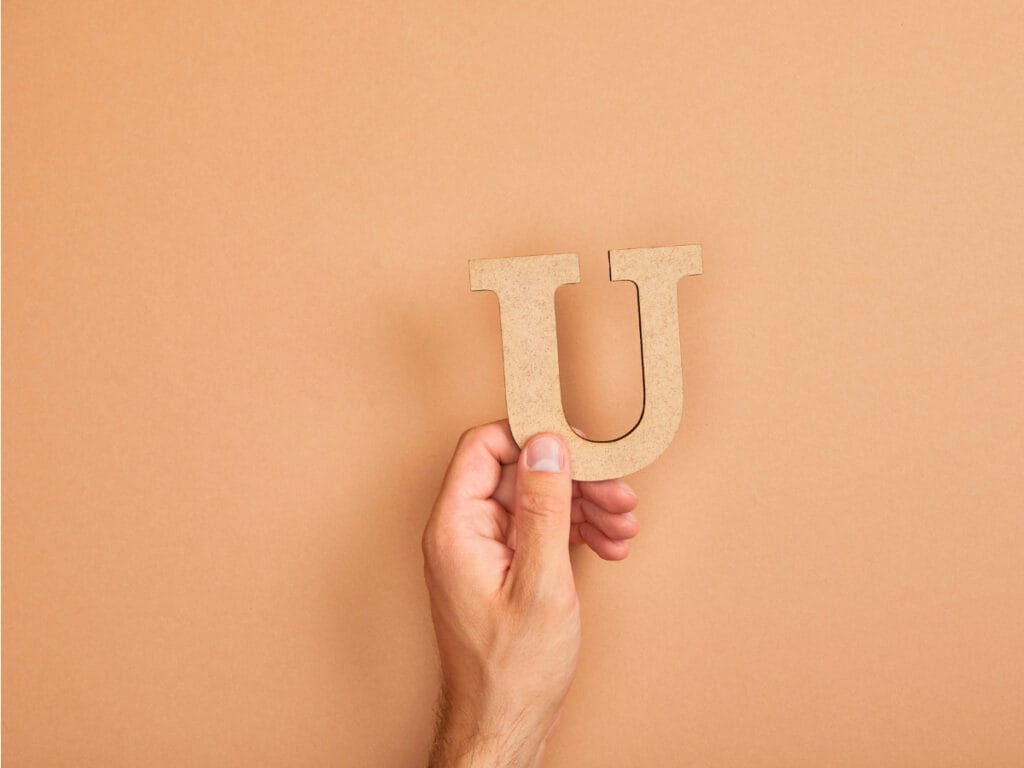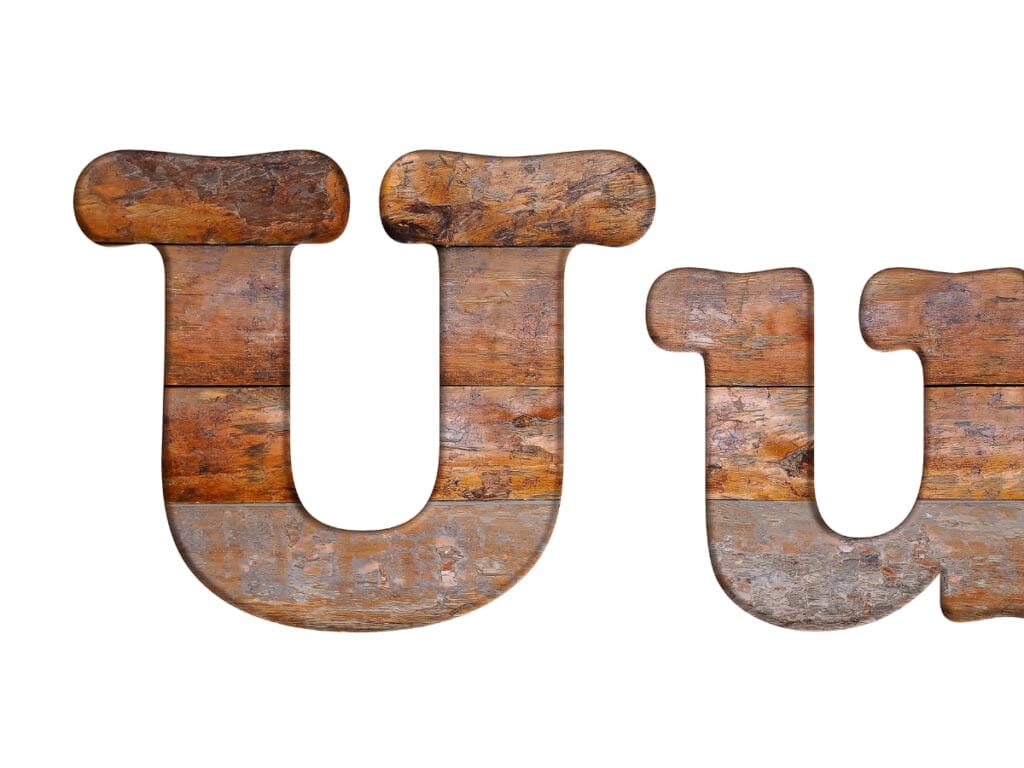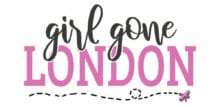This post contains affiliate links for which I may make a small commission to help keep the site running. You will not be charged extra for these items had you not clicked the links. Thank you for your help to keep the site running!
Spelling nerds, welcome.
Grammar nerds, hello.
Let’s talk about the “-our” vs “or” endings!
As an American who has lived in the UK for the past 10 years, I am fascinated by why Americans don’t use the “-our” ending like in many British spellings (ie, colour, favour, honour), and instead opted for a u-less spelling (color, favor, honor, neighbor, etc).
Other examples where these differ are: behaviour/behavior, harbour/harbor, humour/humor, and rumour/rumor.
Notably, there are some words that both countries spell the same with the –our, including devour, flour, hour, contour, and tour.
But if America was a British colony and has much of its origins in its connection to Britain, why did they scratch out all of the u’s and make such a change?

Brit Samuel Johnson Keeps the “-our” Endings
To figure this out, we need to understand that actually, the first standardized methods of spelling and comprehensive collection of existing English words didn’t come along until Samuel Johnson’s Dictionary in 1755.
Before then, dictionaries really only existed to try and define difficult words or confusing concepts, not to name every word in the English language and its spelling.
Johnson changed all that and he essentially attempted to write down words as they were spelled at the time.
If there were multiple spellings that were used and understood, he often chose to maintain the “-our” spelling.
This was his attempt to preserve the French origins of many words. He famously felt that the “French generally supplied us” when it comes to language.
In the UK in the 17th century, the Old Bailey actually ruled that ‘our’ endings were the correct British spelling.

American Noah Webster Drops the “u”
Noah Webster, on the other hand, an American, created a dictionary in America 1828, preferring to use the “-or” suffix, which is more in line with the Latin origins of words.
It also, of course, has a lot to do with independence and rebellion in language for the sake of it, because wouldn’t you make some changes if had broken free from a country you felt you no longer wanted to be ruled by?
Changing the spelling to spite the British wasn’t the entire picture, though.
A lot of it had to do with Webster’s attempt to “modernize” the language and actually spell things in a way he and others felt would make more sense.
And that might sound silly, in today’s day and age, but at the time, and still today, words do not necessarily come pre-packaged with proper spellings. Language is change, it has been since forever!
If you look up the history of English, Britannica is the first to tell you that English today is a constantly changing language that has been influenced by a plethora of different cultures and languages, and it was even more true back then.
In fact, Shakespeare used both the ‘or’ and ‘our’ endings in his earlier plays, and you can’t deny that he’s as English as they come.
There were plenty of other words, however, that Noah Webster proposed to change the spelling of in America that didn’t take – for example, he wanted to spell “women” as “wimmen.”
Outliers to this Rule
Another interesting note, however, is that some of the words originally spelled in Johnson’s dictionary in Britain with the ‘u’ like mirror, ambassador, emperor, governour, and superior, have now dropped the u.
There’s also an interesting use of the word “Honor” in the UK, as it is spelled H-O-N-O-U-R, but there is one place where you can find it as Honor, and that is Honor Oak, a district of London.
Then, in the US, you’ve got some instances where we can see the u being kept.
For instance, in the word “glamour,” they keep the “u” (though glamor is considered an acceptable alternative spelling).
The reason the U doesn’t have to go on this one is that the origin is neither French nor Latin, so it doesn’t play by the same rules.
And the Space Shuttle known as Endeavour, is spelled with a u, despite being an American shuttle and Americans not spelling Endeavor this way.
Why?
Because it was named after British Captain James’ Cook ship, HMS Endeavour!
